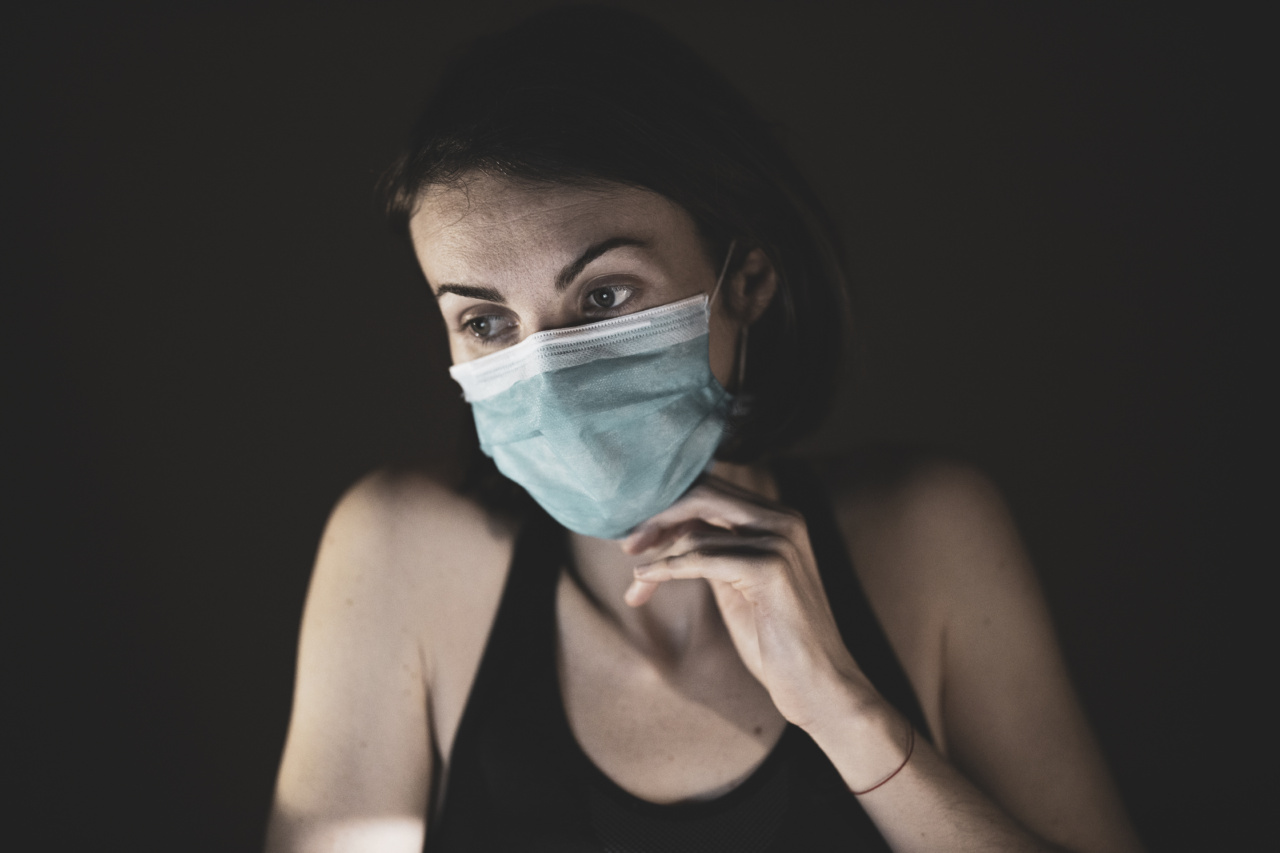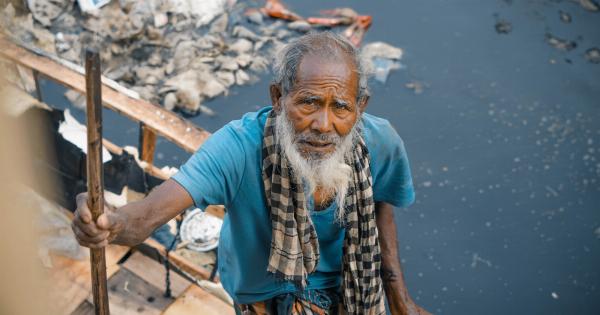In recent months, a deadly flu outbreak has gripped the country, claiming the lives of 159 individuals. This highly contagious virus has been spreading rapidly, causing widespread panic and overwhelming health systems.
Government agencies and healthcare professionals are working tirelessly to control the spread and protect the population from further devastation.
The Devastating Impact of the Flu
The flu is a common illness that affects millions of people each year. However, this particular strain has proven to be exceptionally dangerous, causing severe symptoms and complications.
What starts as a simple fever and cough can quickly escalate into life-threatening pneumonia or organ failure.
Health officials have expressed their concerns about the alarming number of fatalities, especially among vulnerable populations such as the elderly and those with compromised immune systems.
The mortality rate of this flu strain is significantly higher than previous outbreaks, making it all the more crucial to take necessary precautions.
Recognizing the Symptoms
One of the common challenges with this deadly flu is the similarity of symptoms to other respiratory illnesses. It is essential for individuals to be able to recognize the signs so they can seek medical attention promptly. Common symptoms may include:.
- Fever and chills
- Cough and sore throat
- Fatigue and weakness
- Body aches and headaches
- Shortness of breath
- Difficulty breathing
- Chest pain
- Confusion or disorientation
Anyone experiencing these symptoms should not underestimate their severity and should seek medical advice immediately. Early intervention can make a significant difference in the prognosis and outcome.
Preventing the Spread of the Virus
As the deadly flu continues to claim lives, it is crucial to take all possible measures to prevent the spread of the virus. Here are some key precautions recommended by health experts:.
- Get Vaccinated: One of the most effective ways to protect oneself from the flu is by getting vaccinated. Vaccines are available each year, specifically designed to combat the prevalent strains.
- Frequent Handwashing: Maintaining good hand hygiene by washing hands with soap and water for at least 20 seconds can significantly reduce the risk of infection.
- Cover Your Mouth and Nose: When coughing or sneezing, always cover your mouth and nose with a tissue or elbow to prevent the spread of respiratory droplets.
- Avoid Close Contact: Stay away from individuals showing flu-like symptoms and try to limit exposure to crowded places.
- Stay Home if Sick: If you are experiencing flu-like symptoms, it is essential to stay home and avoid contact with others to prevent further transmission.
- Clean and Disinfect: Regularly clean and disinfect frequently touched surfaces, such as doorknobs, light switches, and electronics, to reduce the risk of contamination.
It is important to emphasize that these precautions are not only meant for individual protection but also to safeguard the larger community, particularly those who are more susceptible to severe illness.
The Importance of Vaccination
Despite some misconceptions and myths surrounding flu vaccines, they remain one of the most effective ways of preventing the flu.
The flu vaccine not only helps protect the individual but also plays a vital role in reducing the overall burden on healthcare systems. By getting vaccinated, individuals contribute to communal immunity, safeguarding those who are unable to receive the vaccine or have weaker immune systems.
Each year, experts analyze the prevalent flu strains and develop a vaccine that aligns with the predicted virus variants. While the vaccine may not offer complete immunity, it substantially reduces the severity and complications associated with the flu.
It is recommended that everyone eligible receives the flu vaccine annually, especially those at higher risk.
The Ongoing Battle
The fight against the deadly flu outbreak continues as health officials work relentlessly to curb the spread of the virus and mitigate its impact.
Government health agencies are actively involved in monitoring the situation, providing necessary resources, and disseminating accurate information to the public.
Amidst the rising concerns, it is essential for individuals to remain vigilant, stay informed, and adhere to the guidelines provided by health authorities.
By taking responsible actions and supporting one another, together we can minimize the devastating effects of this deadly flu.




















